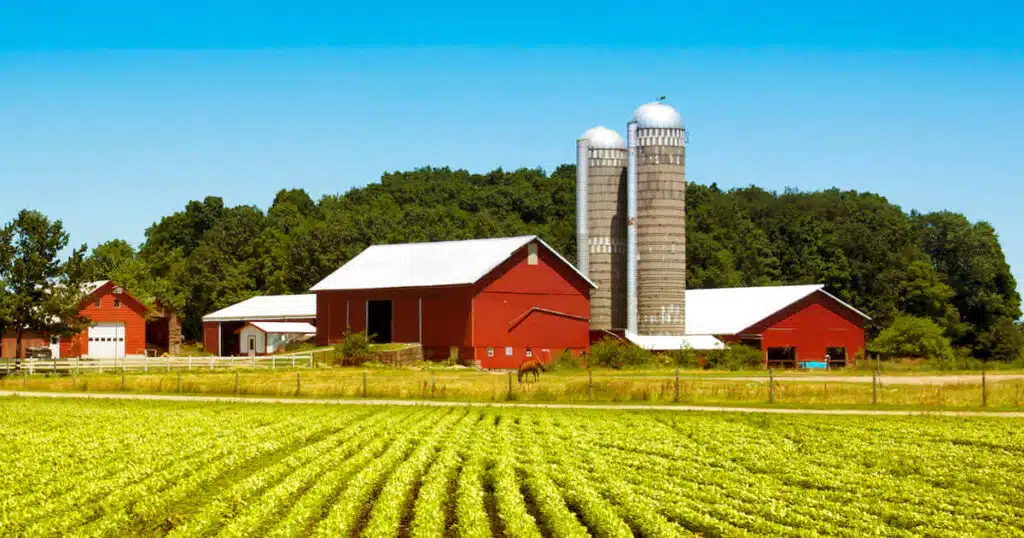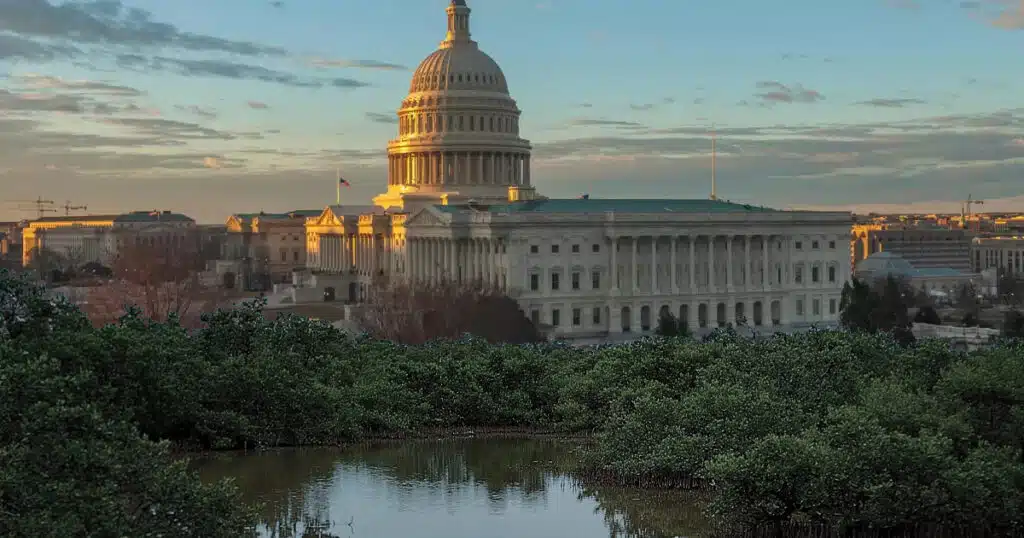
Rural America Needs Permitting Reform
If something isn’t farmed, mined, or manufactured it can’t exist. And if a burdensome, archaic, and overly bureaucratic permitting scheme doesn’t allow America to farm, mine, or manufacture, we risk the detriment of our economy. That’s why the new House Republican Majority responded with H.R. 1, the Lower Energy Costs Act.
H.R. 1 updates our broken permitting process to actually let Americans mine, farm, manufacture, process, and build infrastructure so we can get shovels in the ground and move this country forward. For far too long, we’ve sat idle and let bureaucrats in Washington and radical activist lawyers hamstring American workers by suing at every opportunity, long after decisions have been made and permits have been issued.
We know responsible access to domestic resources and secure mineral supply chains are essential to every aspect of our lives, from energy, communications, and healthcare, to manufacturing, infrastructure, and new technological advancements. Yet one mining project in northern Minnesota is on its 20th year of litigation. You’d think after winning every single lawsuit thrown its way, environmental activists would know when to quit. But they haven’t stopped – and they won’t stop until we fix the broken permitting and litigation process. Even as this project languishes in the courts, this Administration placed a 20-year mining ban on another project on federal lands which would produce minerals including taconite, copper, nickel, and cobalt. The Biden Administration’s actions have effectively strangled a domestic source of the critical minerals our country needs to build, grow, and thrive. Now, we are forced to rely on Chinese Communist Party (CCP)-funded mines instead of building for ourselves. It’s clear, if we continue down this path, our nation’s prosperity is at stake.
H.R. 1 includes the Permitting for Mining Needs (PERMIT-MN) Act, which improves the permitting process for mines nationwide. Whether it be Alaska, Arizona, South Dakota, or Minnesota, examples like the one in Minnesota’s Eighth Congressional District occur far too often. Not being able to access domestic mineral resources sets America back by increasing our international import reliance. It makes no sense to be so reliant on other, potentially hostile, nations, especially when we have these minerals right here in our backyard. In fact, Minnesota’s Eighth Congressional District alone accounts for 95% of America’s nickel, nearly 90% of America’s cobalt, 75% of America’s platinum, and more than a third of our copper. There is no domestic mineral supply chain without the resources from northern Minnesota, which the Biden Administration has effectively locked down.
H.R. 1 addresses much more than just mining. Our energy grid is placed under strain every single year. Blackouts are becoming more and more common, throwing Americans back into the dark ages, and risking power to hospitals, schools, emergency services, and more. To solve this problem, we need to run more transmission lines from energy generation stations to the household, so when Americans flip on the light switch or turn up the heat, they know it will work. However, under this current, outdated permitting scheme, we’re unable to build hardly any transmission lines. One example is the Cardinal-Hickory Creek line running through the Midwest. This power line, which will expand capacity and bring renewable energy to the grid, has been in permitting and litigation limbo now for seven years, with activist groups suing over just the remaining 1.3 miles of the 102-mile-long line.
In West Virginia, the Mountain Valley Pipeline, which would provide up to two million dekatherms per day (two billion cubic feet (Bcf) per day) of firm transmission capacity to markets in the mid- and south Atlantic regions of the United States, has been subject to years of hostile litigation spurred by environmental activists and facilitated by our broken-down permitting process. The worst part? It would only take four months to complete the remaining 20 miles of the 300-mile pipeline and provide more reliable, affordable energy to thousands of Americans.
The Biden Administration is so intent on catering to the environmental lobbyists who want to “flip the switch” to green energy they forget that when the sun goes down and the wind stops blowing, Americans still need to heat their homes, run their farms, and provide for their families. But we haven’t forgotten. As Chairman of the Congressional Western Caucus and Chairman of the Energy and Mineral Resources Subcommittee on the House Natural Resources Committee, we see the threat the Biden Administration poses to rural communities across the country, and we’re acting against it. If rural America is to continue producing the food, resources, and power our Nation depends on, the Senate needs to pass H.R. 1, and its permitting reform provisions now, before it’s too late.
Reps. Pete Stauber (MN-08) and Dan Newhouse (WA-04).
This article was originally published by RealClearEnergy and made available via RealClearWire.



